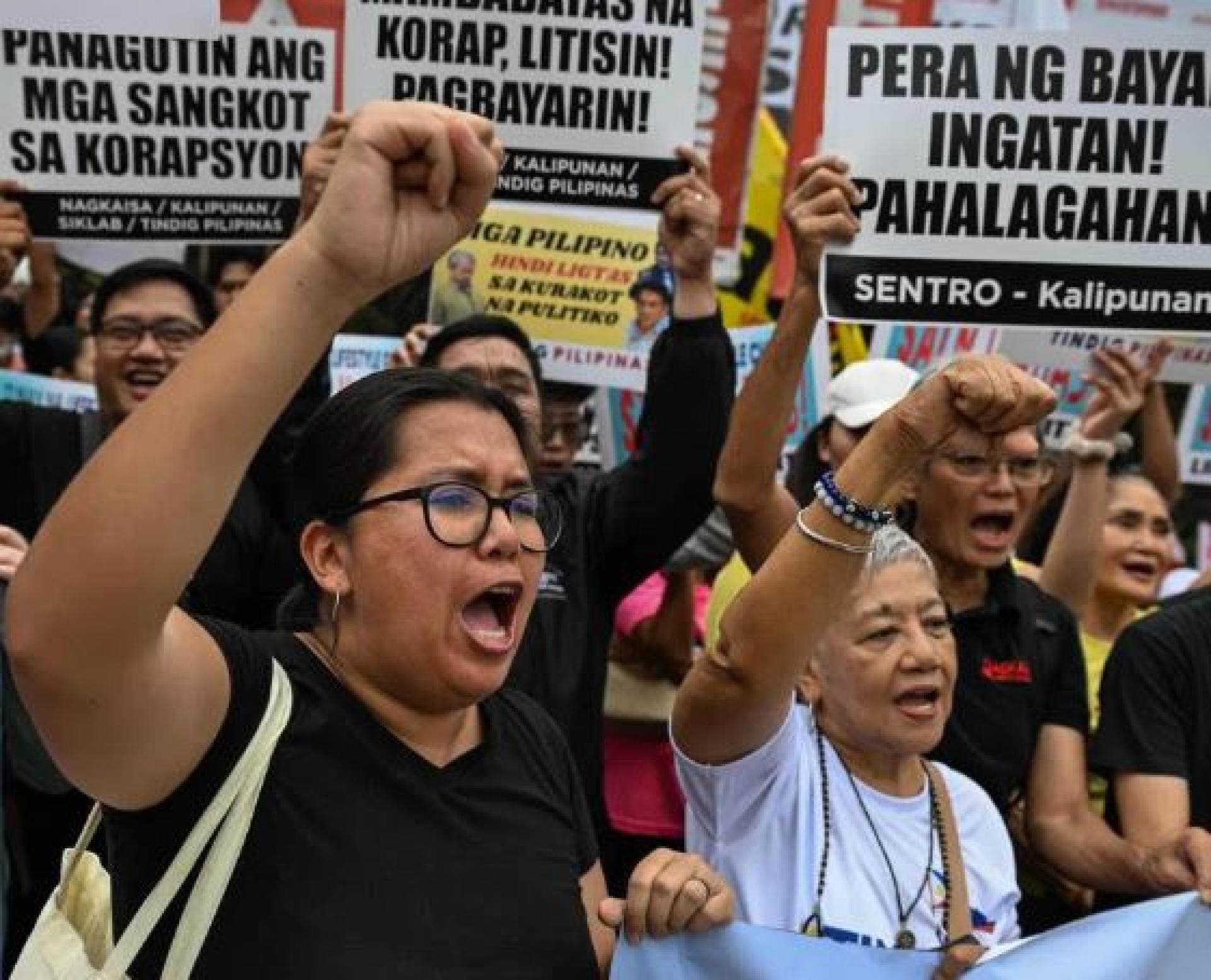(Manila, 12th) Philippine President Ferdinand Marcos Jr. announced Thursday the establishment of an independent committee to thoroughly investigate corruption in infrastructure projects, especially those related to water management, vowing to severely punish implicated officials and contractors.
For months, the Philippines has suffered from frequent flooding triggered by monsoons and storms, exposing poor management and corruption in water control projects. Congressional investigations in both the Senate and House have drawn nationwide attention, with media and social platforms flooded by contractor claims accusing politicians of taking bribes and extortion.
The newly established three-member committee has broad authority, including subpoenaing officials, recommending prosecutions, and proposing reform measures. Marcos has not yet announced the appointees, but stressed that the government must respond to public expectations for integrity.
In August, an internal government audit revealed widespread corruption in water management projects. Since 2022, the Philippines has spent 545 billion pesos (about 12.2 billion SGD), only to find thousands of projects with incomplete documentation, poor construction quality, or even existing solely on paper. Among over 2,000 registered contractors, just 15 companies took one-fifth of the total budget.
The case shocked the nation, with Marcos stating he has been "losing sleep" over it. In his State of the Nation Address, he publicly named companies profiting from flood control projects and ordered a thorough probe into the lifestyles of implicated officials.
Analysts note that this anti-corruption campaign may intensify political tensions, especially as ties between the Marcos and Duterte families have soured. Vice President Sara recently survived an impeachment attempt and continues to maintain political momentum, further complicating the anti-corruption effort.
Scholars warn that if the independent committee cannot maintain genuine independence, Marcos’s anti-corruption drive risks being seen as mere political theater, making it difficult to sustain public support in the long run.
